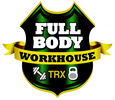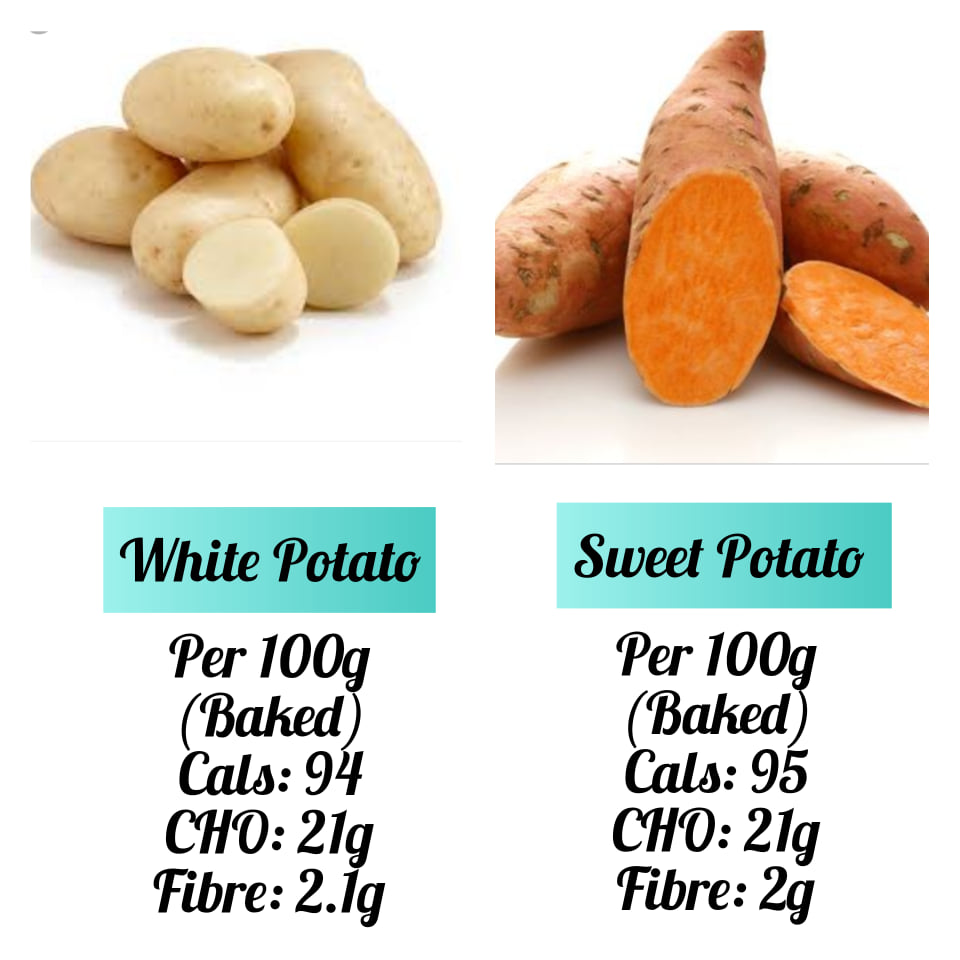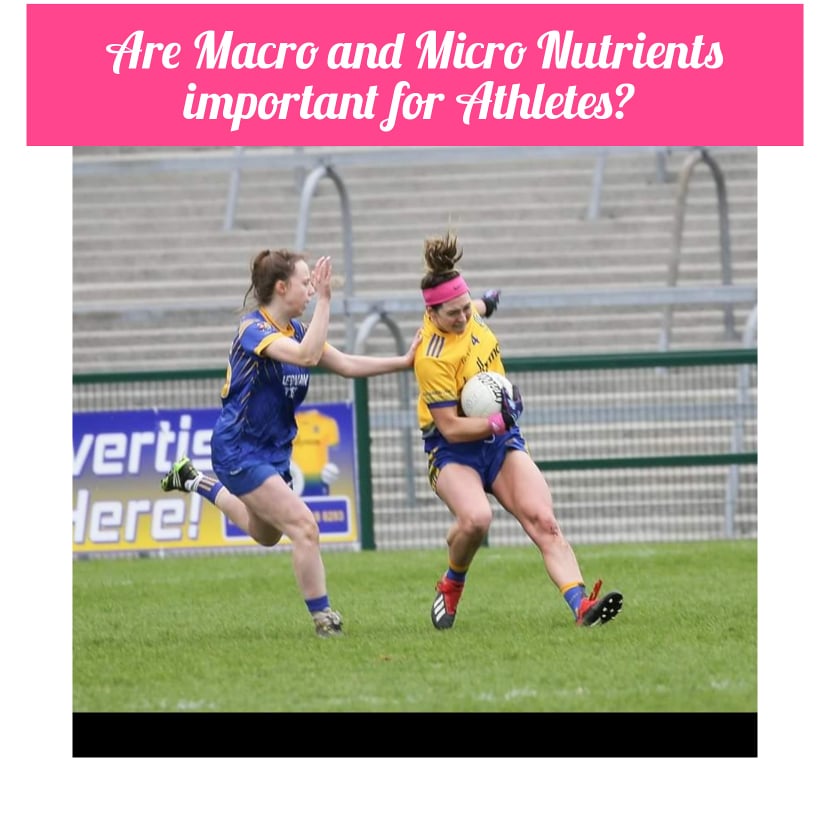I am going to touch on something that is a bleak reality, fitness is simple and getting results is simple (not easy, but simple). Let's say I have two people 'Person A' and 'Person B'.
Person A is given a wonderful program, including everything s/he needs and wants, by simple following this program 4 days a week, they are going to see huge results in their performance. Person B is given a program we found online, that program is just a bunch of random exercises thrown together, 3 days a week, and doesn't have any thought put into it.
Person A is inconsistent, follows this plan half the time, some weeks, they do 4 sessions, other weeks they perform 2/3 sessions and don't really put in the effort. Person B jumps in and hits 3 days every week, puts in the effort to this so called 'bad program' and they get great results. Consistency is number one.
In essence the message is simple, a bad program followed with consistency is better than a great program followed here and there. Luckily at Fullbody Workhouse we have great programming and accountability to make sure you're consistent, week in, week out.
Over and out,
Kevin .



 RSS Feed
RSS Feed